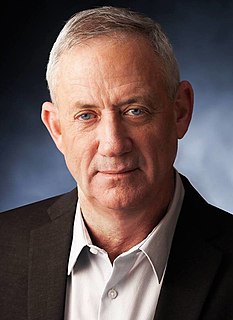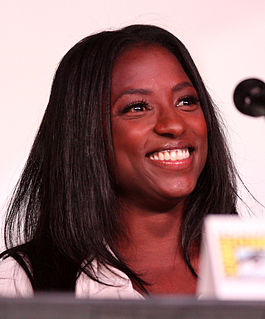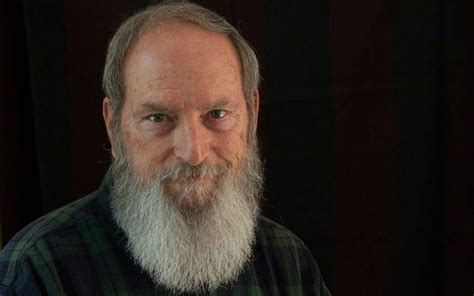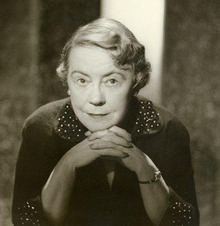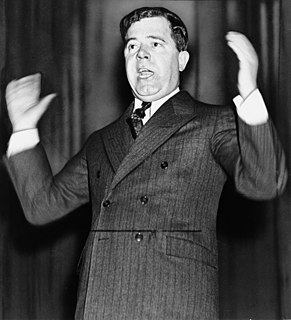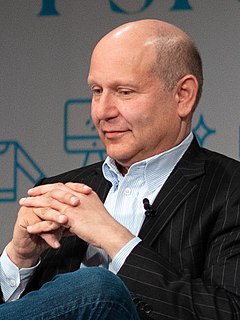A Quote by Amos Oz
Black Box is not a statement about injustice committed against Sephardi Oriental Jews or about the extremism of religious Jews or the lack of imagination of the old Israeli elites. It's a human story, in my view, first and foremost about a mystical communion between enemies. This is the inner story of the novel. This is my business as a novelist. It is not about positions and ideas.
Related Quotes
Well, this is a story about books." About books?" About accursed books, about a man who wrote them, about a character who broke out of the pages of anovel so that he could burn it, about a betrayal and a lost friendship. It's a story of love, of hatred, and of the dreams that live in the shadow of the wind." You talk like the jacket blurb of a Victorian novel, Daniel." That's probably because I work in a bookshop and I've seen too many. But this is a true story.
Sometimes, recently Israeli-Palestinian conflict is indeed a clash between wrong and wrong. It is not as simple as fascism was. Every decent man had to be against fascism, period. It is not as simple as apartheid or colonialism or racism or misogyny. It is not simple because the Palestinians have no other land. They are absolutely right about this. The Israeli Jews also have no other land and they are absolutely right about this. It is a tragedy of two peoples claiming the same very small country, about the size of New Jersey.
The average detective story is probably no worse than the average novel, but you never see the average novel. It doesn't get published. The average -- or only slightly above average -- detective story does.... Whereas the good novel is not at all the same kind of book as the bad novel. It is about entirely different things. But the good detective story and the bad detective story are about exactly the same things, and they are about them in very much the same way.
When I was a kid, I'd go to the African-American section in the bookstore, and I'd try and find African-American people I hadn't read before. So in that sense the category was useful to me. But it's not useful to me as I write. I don't sit down to write an African-American zombie story or an African-American story about elevators. I'm writing a story about elevators which happens to talk about race in different ways. Or I'm writing a zombie novel which doesn't have that much to do with being black in America. That novel is really about survival.
The thing I always guard against when I'm talking to people I'm working with about a script is that there's a thing I don't like and it's called "talk story." It's when you're talking about the story; the characters are tasked with talking about the story instead of allowing the audience to experience the story.


